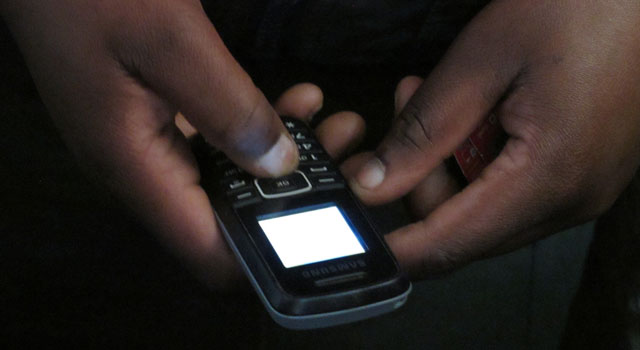
Cellular industry body, the GSM Association (GSMA), says that by the end of the year it expects there will be 3,2bn mobile phone subscribers worldwide, a huge reduction in its previous estimates. Despite having far in excess of 100% Sim-card penetration, SA has actual penetration of only 66%.
The new numbers suggest the adoption of mobile technology is not nearly as widespread as first thought, with fewer than half of the people on the planet using mobile phones.
The GSMA says earlier numbers had been inflated because they did not take into account how many people had multiple or inactive Sim cards. Although global penetration based on the number of total connections will exceed 100% in 2013, only 45% of people worldwide currently have an active Sim card.
The association says this means big growth opportunities remain for operators, especially in developing markets. In SA, although there is 138% Sim-card penetration, unique subscriber numbers are only 66%. It predicts this number will increase only marginally, to 79%, by 2017, with the number of Sim cards in circulation expanding to 171% penetration.
On Thursday, it released the results of a multiyear study examining not only the total number of mobile connections worldwide but also the number of individual mobile subscribers. The research took place over three years and included 39 countries.
By the end of 2012, total mobile connections will reach 6,8bn — or 5,9bn if machine-to-machine connections and inactive Sim cards are excluded.
Each mobile customer worldwide has an average of 1,85 Sim cards. The number of individual subscribers is expected to reach 3,2bn by the end of the year and to grow to 4bn within the next five years.
GSMA director-general Anne Bouverot says that by taking account of multiple Sim ownership and inactive Sims, the association has developed the “most accurate measurement of the global mobile subscriber base, which shows that only 45% of the world’s population has subscribed to mobile services”.
Growth will come from demand from unconnected people in developing countries. Africa has the lowest penetration with only one in three people subscribing to a mobile service. This figure is expected to grow to 40% by 2017.
Europe, meanwhile, has the highest mobile penetration in the world, with countries such as Denmark, Finland, Germany and the UK averaging close to 90% subscriber penetration.
In Asia, average subscriber penetration is 40% and is expected to grow to 49% in five years’ time. In the world’s largest mobile market, China, subscriber penetration will grow from 43% to 52% in the same period.
“In developing markets, where there is clearly an opportunity for growth for the mobile industry, Sim-per-user patterns are influenced by cost-conscious, low-usage consumers who tend to accumulate prepaid Sim cards depending on the latest and most affordable prepaid tariffs,” says Bouverot.
“In developed markets, Sim-per-user patterns are influenced by the ownership of smartphones, tablets and other devices connected to mobile broadband networks as well as through the wider availability of shared data plans.”
According to the research, there are two challenges to uptake in developing markets. These are coverage and the speed of adoption of mobile services. Although expanding coverage is essential to grow subscriber numbers, it is by no means sufficient — in Malawi, for example, despite 95% of the population having mobile coverage subscriber penetration still stands at only 29%. — (c) 2012 NewsCentral Media
- Image via Flickr

